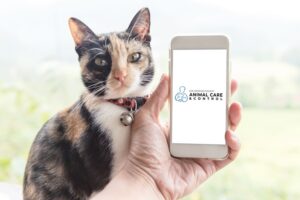
At the Los Angeles County Department of Animal Care and Control (DACC), we understand that circumstances can change, and sometimes people feel they have no choice but to give up their pet. While we no longer require appointments to surrender, we strongly encourage you to explore resources that may help you keep your pet at home, rehome them, or connect with a local rescue organization. These options often give pets the best chance at a smooth transition and reduce stress for both you and your pet.
Please take a moment to review these helpful options before making the decision to surrender: https://animalcare.lacounty.gov/rehome-your-pet/
If you’ve explored all other options and surrendering is the best path forward, we’re here to provide compassionate care throughout the process. No appointment is needed — just visit your local DACC Animal Care Center during business hours. Our goal is to support both you and your pet every step of the way.
Thank you for taking the time to consider all options for your pet’s future.